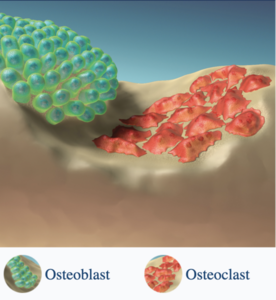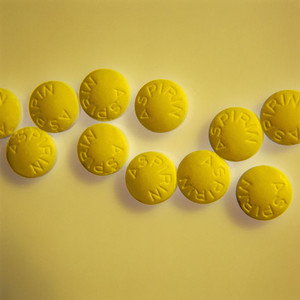On 22 April 2010, the Court of Justice of the EU (ECJ) ruled that public authorities may offer financial incentives encouraging doctors to prescribe cheaper medicinal products. Adding that “those authorities are required, first, to ensure that the incentive scheme is based on non-discriminatory objective criteria and, second, to make public the therapeutic evaluations relating to the scheme”. This is good news for the generics sector, as this can only lead to increased sales of cheaper generic medicines.
Financial incentives to prescribe cheaper medicinal products
Generics/News
|
Posted 28/05/2010
 0
Post your comment
0
Post your comment

The directive relating to medicinal products for human use prohibits incentives being offered to doctors or pharmacists to prescribe/dispense medicinal products.
The issue was brought to the attention of the ECJ by the High Court of Justice of England and Wales. The High Court asked the ECJ whether the prohibition on financial incentives in the directive prevented a system of financial incentives being applied in England and Wales.
The national public health authorities in England and Wales have introduced schemes providing doctors with financial incentives to prescribe to their patient’s medicinal products cheaper than other medicinal products in the same therapeutic class.
The ECJ found that the prohibition in the directive concerns primarily promotional activities carried out by the pharmaceutical industry and does not apply to national public health authorities. However it noted that this was “so far as concerns the rationalisation of public expenditure” and so long as this did “not pursue any profit-making or commercial aim”.
Public authorities are, however, obliged to show that “the scheme is based on objective criteria and that there is no discrimination between national medicinal products and those from other Member States”. Any scheme must also be made public and evidence of the therapeutic equivalence of the active substances must be made available.
The ECJ concluded by stating “that the financial incentive system examined is compatible with the directive and that, furthermore, it does not prejudice the objectivity of prescribing doctors”.
References:
Directive 2001/83/EC of the European Parliament and of the Council of 6 November 2001 on the Community code relating to medicinal products for human use (OJ 2001 L 311, p. 67), as amended by Directive 2004/27/EC of the European Parliament and of the Council of 31 March 2004 (OJ 2004 L 136, p. 34).
Court of Justice of the European Union, Press Release No 38/10, Luxembourg, 22 April 2010
Research
Japan’s drug shortage crisis: challenges and policy solutions
Saudi FDA drug approvals and GMP inspections: trend analysis
The best selling biotechnology drugs of 2008: the next biosimilars targets










Post your comment